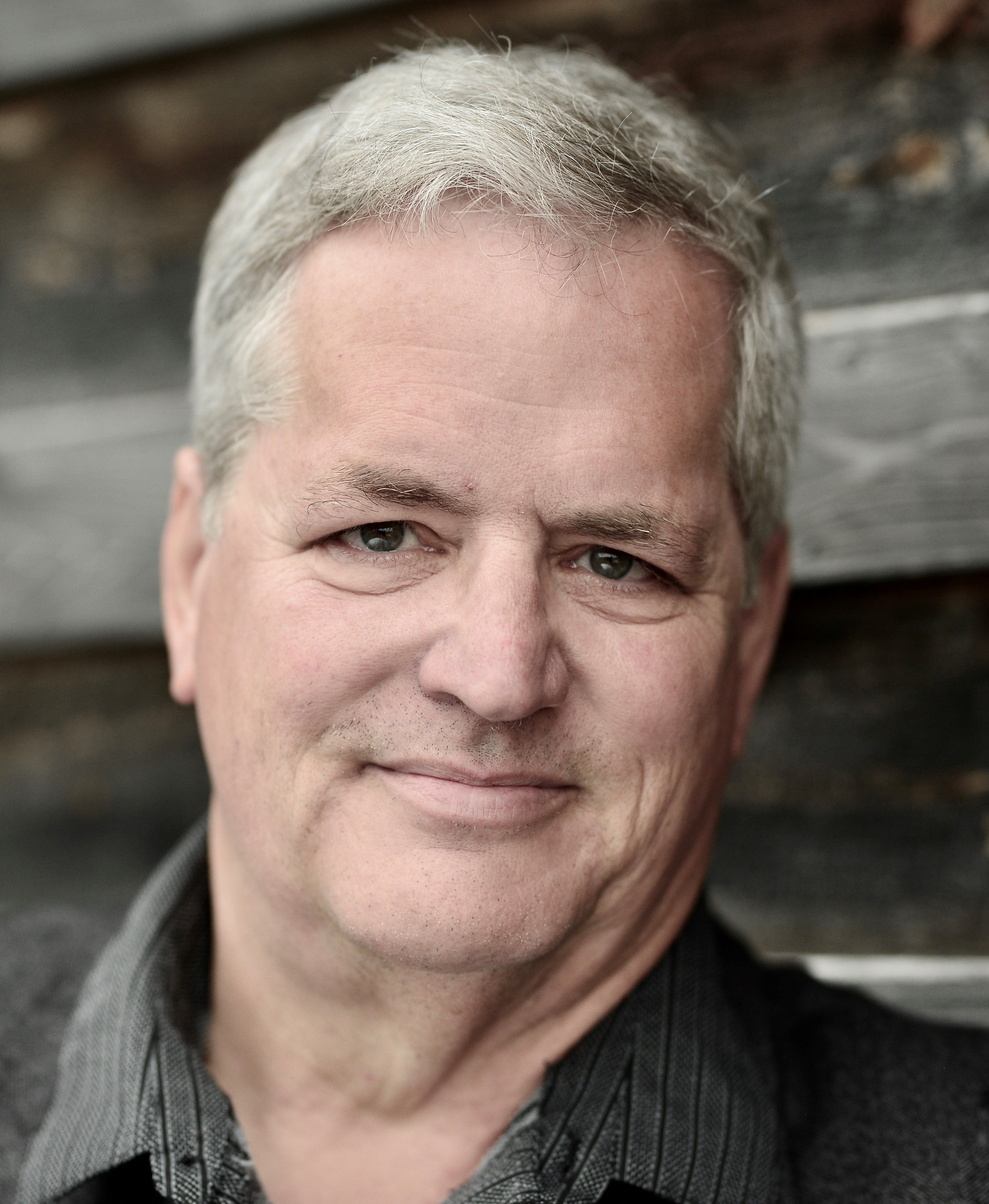Arts’ Watch: Actors Equity reports on diversity, equity, and inclusion
Published 5:39 pm Thursday, December 16, 2021

- Bill McCann is an arts columnist, playwright, member of the Dramatists Guild, and a host of the Theatre Series, an occasional feature of WEKUs Eastern Standard news magazine.
|
Getting your Trinity Audio player ready...
|
By Bill McCann — The New York-based union for professional actors and stage managers—Actors Equity—this past Tuesday released a report which looked at how local arts funding agencies might reform their practices to be more diverse, equitable and inclusive of people of color and others who are neither white nor male.
While the report stated that there are “approximately 4,500 state and local arts agencies” across the country they surveyed only “the 20 largest state arts agencies and the 20 largest local arts agencies.” Of those examined, only one—Louisville Fund for the Arts with its almost $9 million dollar budget—is in Kentucky.
So perhaps the report’s findings are not relevant to either Kentucky or Winchester. But let’s consider the report anyway.
Actors Equity is a union and as such is interested in providing better and more opportunities for all its members. That is their ‘stake’ in the discussion.
Local arts agencies, too, often seek, as does Winchester’s Leeds Center for the Arts, according to its website, to “work hard to make the arts accessible to all.” So that is the stake of local arts agencies in the discussion of what is often shorthanded as DEI—diversity, equity, and inclusion.
The report focuses its attentions on best practices that it recommends be either avoided or adopted by local arts funding agencies. Locally, arts funding agencies include the Leeds (in that it provides college scholarships), Main Street Winchester, local governments, and the Greater Clark Foundation. State-wide arts funding agencies include the Kentucky Arts Council (KAC) the Kentucky Foundation for Women, and the Kentucky Humanities Council.
Yes. I know that some of those organizations are not ‘arts agencies’ in any traditional sense of the word. But elaboration and discussion of that topic will have to wait for another day.
Best practices in the Actors Equity report that local arts funding agencies should avoid include requiring: Board Member Financial Support; Matching Funds and Minimum Budgets; and Eliminating Bans on Fiscal Agents.
Best practices in the report that local arts funding agencies are encouraged to embrace include: Strengthening Compensation Criteria and Standards; Asking Substantive Questions; and, Using Scorecards to Evaluate Grant Requests.
Following are my own reactions to the Actors Equity practices outlined in the report.
Board member financial support is usually required by funding agencies as a way of encouraging local arts groups to seek out financial supporters as leaders of their boards. This, of course, may mean that some organizations may be self-supporting. Of course, it may also mean that good leaders will not qualify as board members because they cannot support the
organization they would otherwise have been asked to help lead.
Another common requirement of granting organizations is that boards raise funds to match the amount given by the granting agency.
Yet, here again, for new or small groups, in poor neighborhoods or towns, or meant to serve a minority population in a small place, raising 50% of the project’s fund may be no easier than raising 100%–and just as likely. Allowing alternative ways of supporting a worthy project to be undertaken by local arts organization may allow more such groups to receive support.
Fiscal agents—basically outside financial experts—are a way for new organizations to be viable, visible, and operational sooner than might be possible otherwise. But having a fiscal agent is often viewed by funding groups as proof of a lack of financial acumen, rather than as proof of a willingness to seek out and find the expertise they lack.
For an arts union promoting more and better compensation for artists is a given. But for local performing arts organizations—orchestras, bands, ballets, and theatres—striving to always pay performers ever higher ‘wages’ (even if such wages are honoraria) should be a given.
Yes, most amateur performers I have met are in it—the band or theatre or whatever—for “fun,’ the art itself, or other intangibles. But no one wants to feel taken for granted. Compensation—beyond complimentary tickets—should be a given, at ever rising rates. And if the organization is a professional one, the compensation should reflect that, too.
Asking hard questions and expecting substantive proof is a way to assure that an organization is doing more to encourage and support DEI than allowing vague words of support for such goals to be sufficient. As any teacher will tell you—what is tested is what is taught.
Requiring proof of DEI intent, goals, and progress, is the only way to assure them.
Another word for “Scorecards” is rubric. A rubric gives both teachers and students clear ways to measure and grade a paper or project. It also is a way for arts funding agencies to help local arts agencies improve their programming and make it as diverse, equitable and inclusive as the organization and the board of directors that ‘own’ it.
Bill McCann is an arts columnist, playwright, member of the Dramatists Guild and a host of the Theatre Series, an occasional feature of WEKUs Eastern Standard news magazine. For more information visit www.whmccann.com





